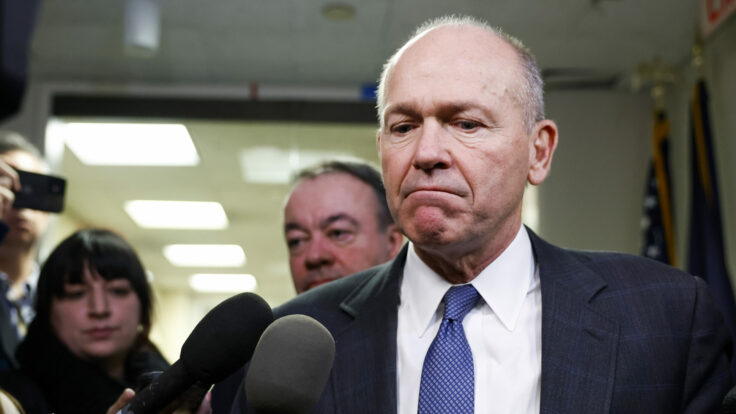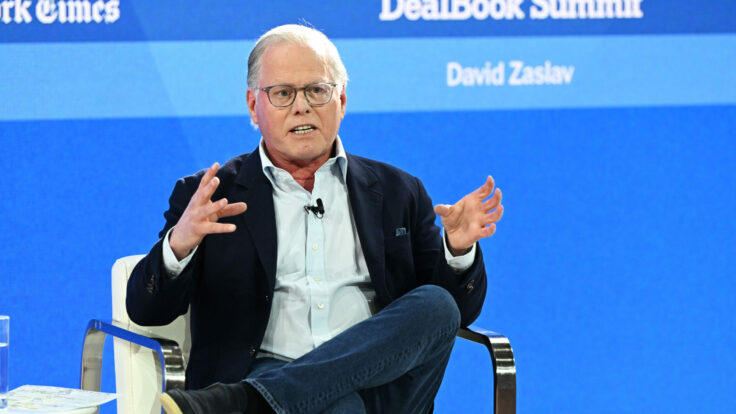Following the most recent collapse of the crypto market, MicroStrategy C.E.O. Michael Saylor, who turned his software company into a highly levered bet on Bitcoin, is calling on the government to step in and regulate the 20,000 or so competing digital tokens in circulation as “unregistered securities.” The idea is to differentiate these projects—a large portion of which are jokes or scams or outright Ponzis—from Satoshi Nakamoto’s ur-digital asset, Bitcoin, which Saylor likens to a hard commodity such as gold.
Of course Saylor is talking his book, and he’s damned good at it too. First of all, the 20,000 or so ridiculous cryptocurrencies should just disappear and go back down the drain they crawled out of. There is no reason for them to exist, other than as a way for foolish investors to speculate on the possibility that a greater fool will come along and buy their idiotic cryptocurrency at a price higher than they paid for it. Bitcoin, however, seems to be a little different. It does have some underlying logic to it, with its proof-of-work mining operation and limited supply. Unlike various DeFi projects and crypto funds that have recently imploded in spectacular ways—Terraform Labs, Celsius, Three Arrow Capital—Bitcoin has no central management, employees, or product cycle beyond what is already etched into its code. As I’ve written previously, if people focused on the promise of Bitcoin’s blockchain technology rather than its daily fluctuations in price, we might have a better appreciation of its use cases.

















